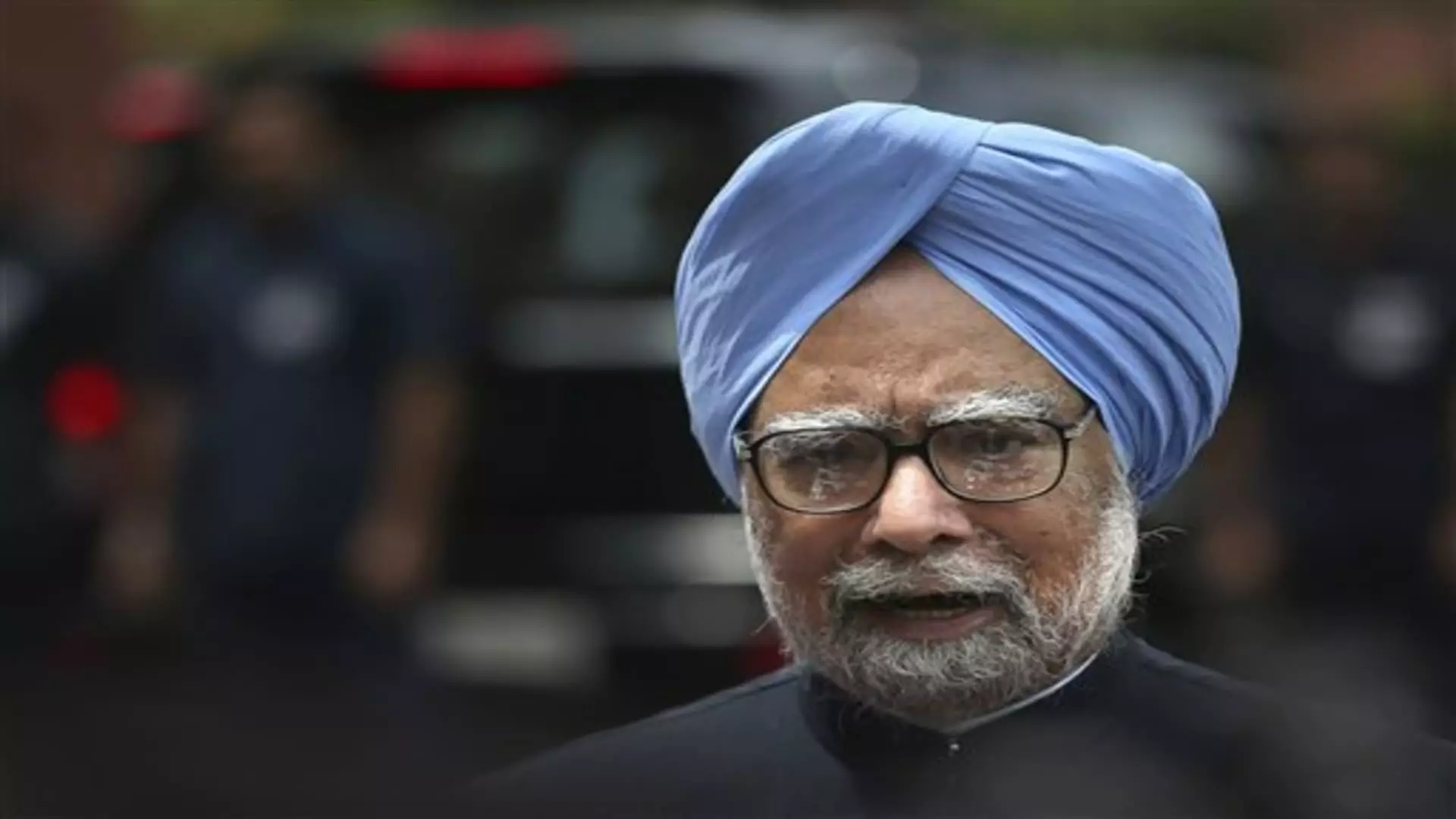Manmohan Singh, the first Sikh Prime Minister of India, is often described as a “reluctant king” who ascended to the country’s highest political office unexpectedly. At the age of 92, Singh recently passed away after battling age-related health issues, leaving behind a legacy of economic reform and progress. His life story is not merely one of political achievement but of resilience, intellect, and a deeply ingrained humility that shaped India’s economic landscape over decades.
Born in what was then British India, Singh emerged from humble beginnings in a poor family that struggled in a region that is now part of Pakistan. His formative years were characterized by challenging circumstances, yet his determination pushed him to excel academically. Studying by candlelight, Singh earned admission to prestigious institutions like Cambridge and Oxford, where he honed his skills as an economist. His doctoral thesis focused on exports and free trade—foundational topics that would later inform his policy-making in India.
This early emphasis on education laid the groundwork for Singh’s subsequent roles in the government and the Reserve Bank of India. Yet, despite his accolades, he had little ambition for a political career. His unexpected appointment as finance minister in 1991 set the stage for a revolution that would change India’s economic future.
Singh’s tenure as finance minister from 1991 to 1996 was nothing short of transformative. Faced with a severe balance of payments crisis, he introduced sweeping economic reforms that liberalized India’s economy. The introduction of deregulation and measures designed to integrate India into the global market were groundbreaking at the time. In his maiden budget speech, he quoted French writer Victor Hugo, emphasizing that once an idea is poised for realization, no force can hinder it. The idea of India emerging as a significant economic power was undoubtedly one of those transformative ideas.
Despite these remarkable changes, Singh’s approach was often perceived as technocratic and lacking in political savvy. His reluctance to engage more deeply in the political arena sometimes left his vision vulnerable to intra-party conflicts and coalition pressures.
Ascended to Prime Minister in 2004, Singh’s leadership was catalyzed by the Congress party’s surprising electoral win. However, this success came with complications. Although he was the face of the government, the shadow of Sonia Gandhi loomed large due to her historical family legacy in Indian politics. Singh was frequently perceived as a puppet, undermining his authority and blurring the lines of power within the government.
During his administration, Singh’s efforts to expand welfare programs and accommodate India’s burgeoning economic growth were notable. Initiatives aimed at alleviating poverty—especially in rural areas—served to redistribute the wealth generated by India’s economic boom. Additionally, his government’s landmark nuclear deal with the United States in 2008 was a significant foreign policy achievement, strengthening India’s global standing.
However, Singh faced considerable backlash due to a series of corruption scandals that erupted during his second term. His perceived inability to rein in corrupt practices within his administration led to widespread public discontent, igniting mass protests and demanding accountability.
In the later years of his premiership, Singh’s government began to falter. Global economic instability and domestic challenges hindered growth, leading to a decline in investment sentiment. The Congress party’s coalition benevolence weakened, culminating in a reduced majority in 2012 when key allies exited over contentious policy decisions. The eventual electoral defeat by the Bharatiya Janata Party in 2014 marked a tragic end to Singh’s direct political influence.
Despite these setbacks, Singh maintained a firm belief in his capabilities as a leader. He expressed confidence that history would eventually provide a more favorable assessment of his leadership than the contemporary media and political opponents.
Manmohan Singh is remembered not just for his role as a politician but as an economist who profoundly shaped India’s development trajectory. His legacy rests on a foundation of hard work, intellectual rigor, and a commitment to reform. Singh’s quiet dignity, integrity, and essential belief in India as a rising economic power will continue to resonate long after his passing. Survived by his wife and daughters, his life serves as an enduring reminder of the complexities and challenges that accompany leadership, particularly in a nation as diverse and dynamic as India.

